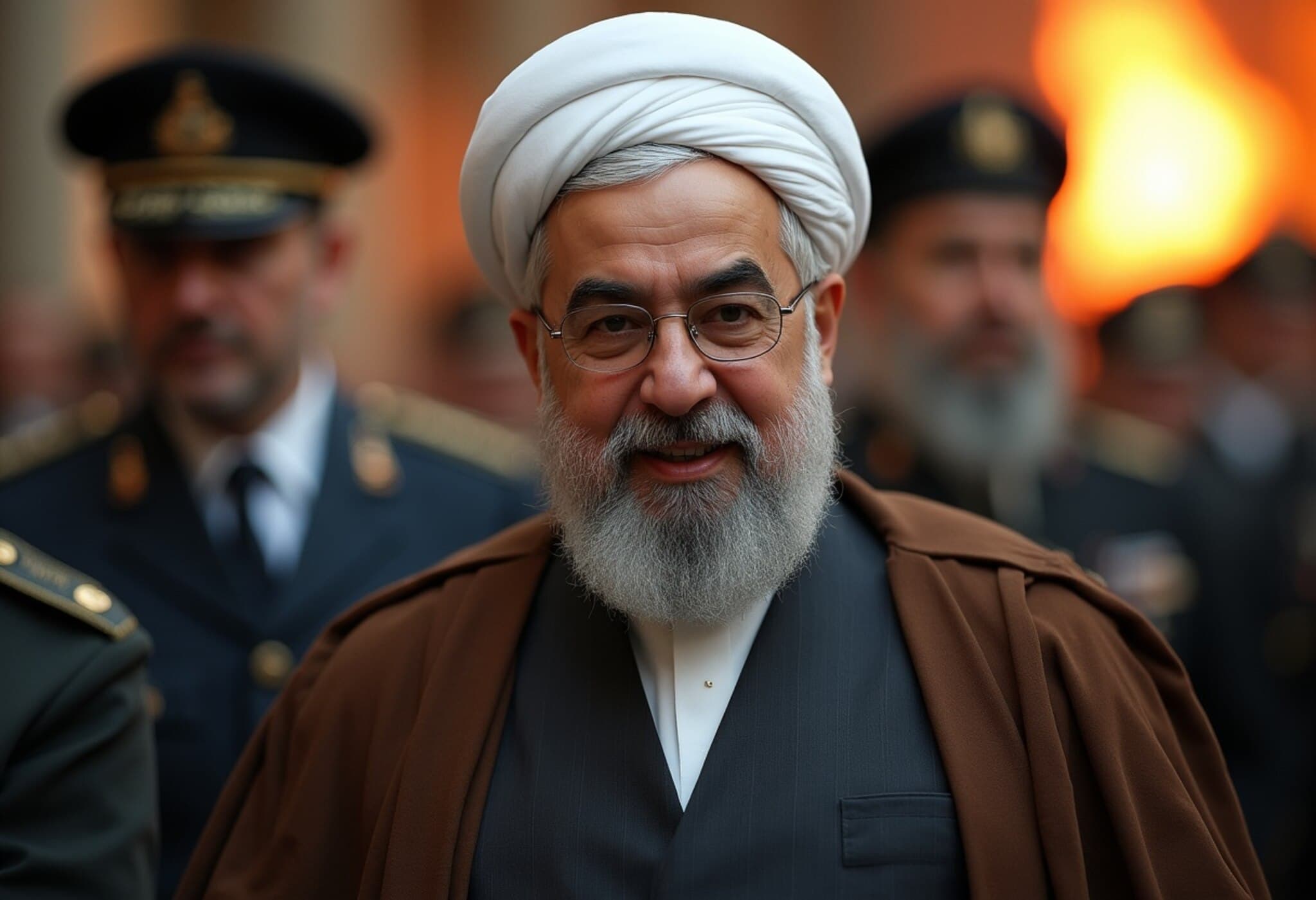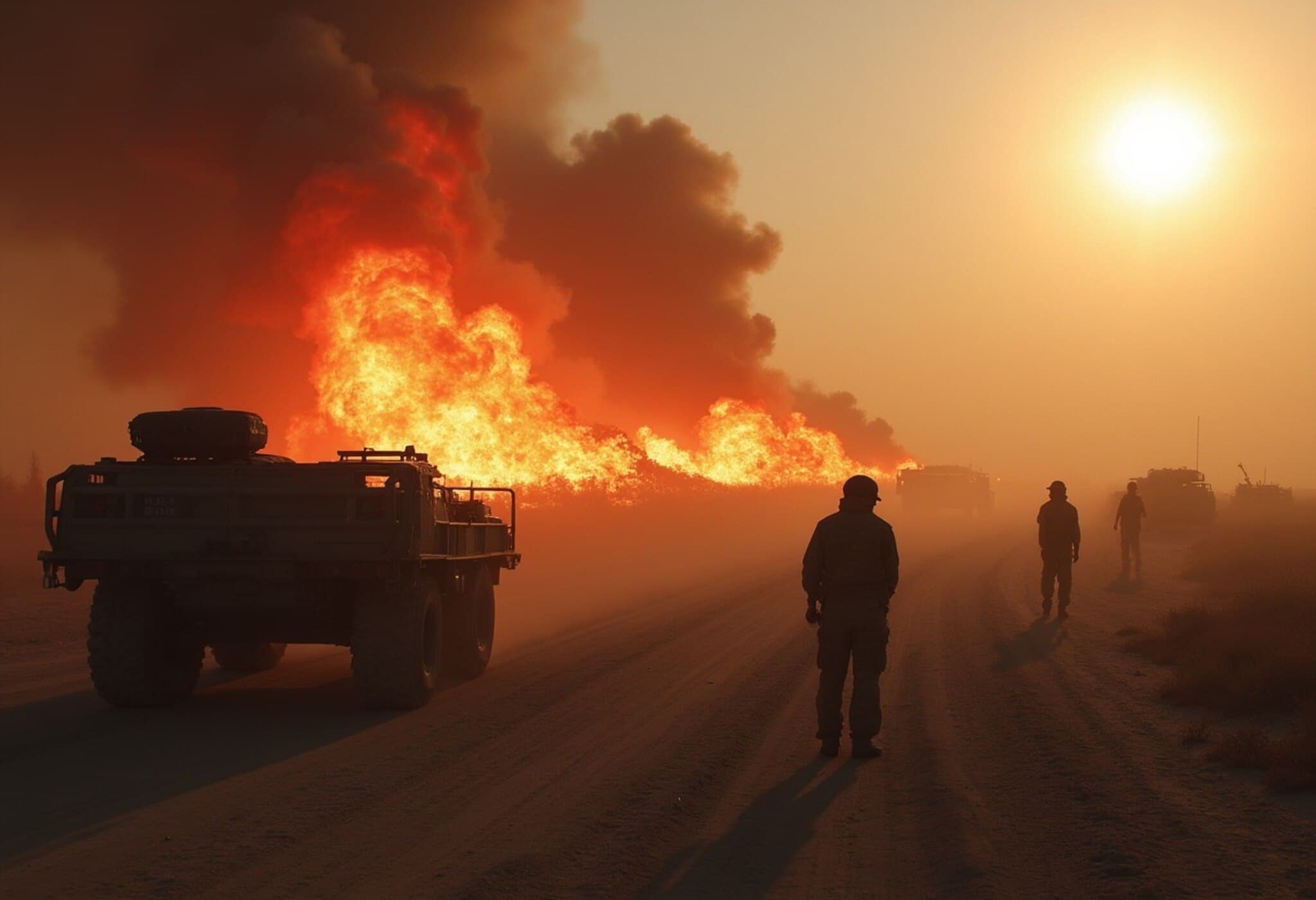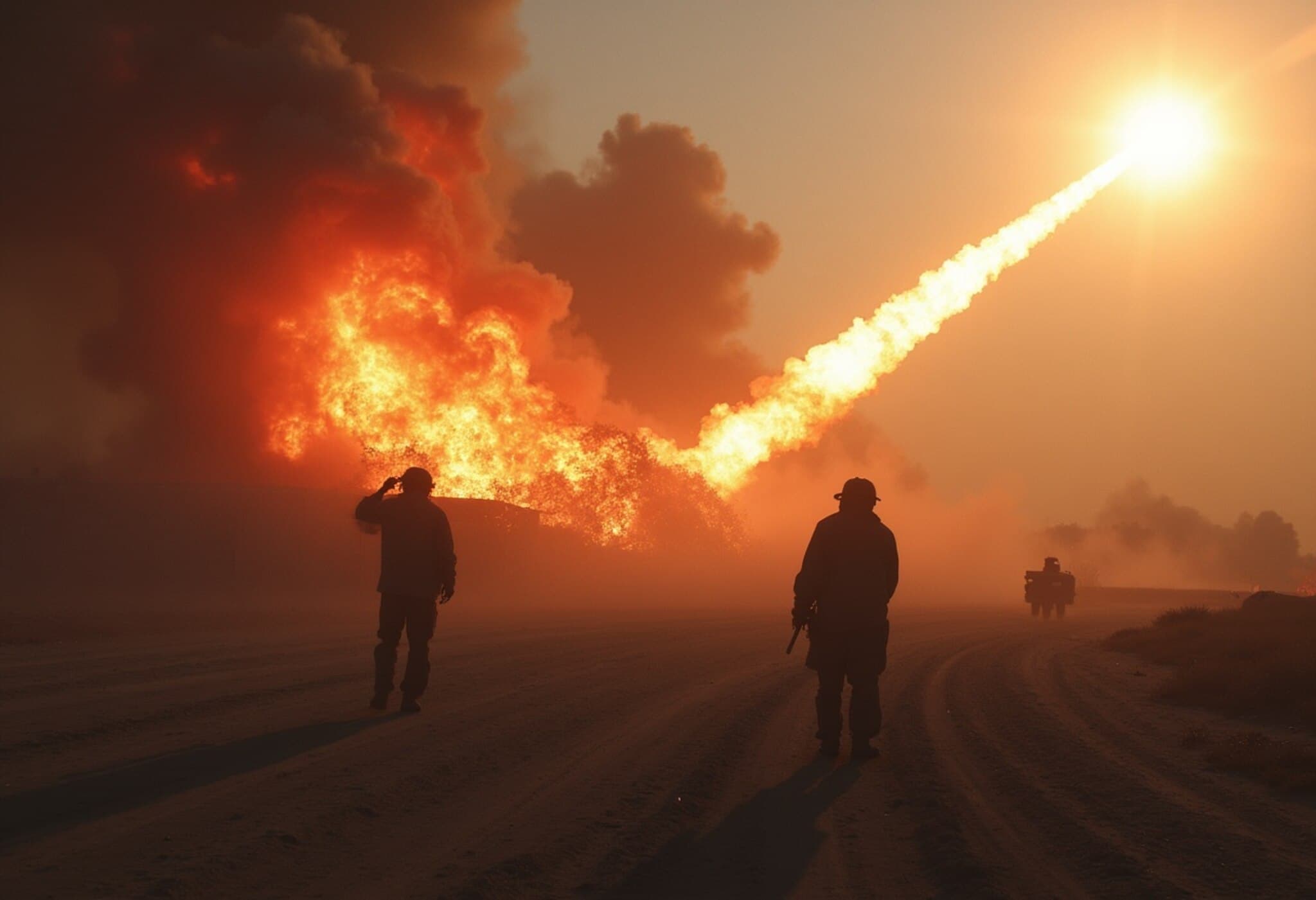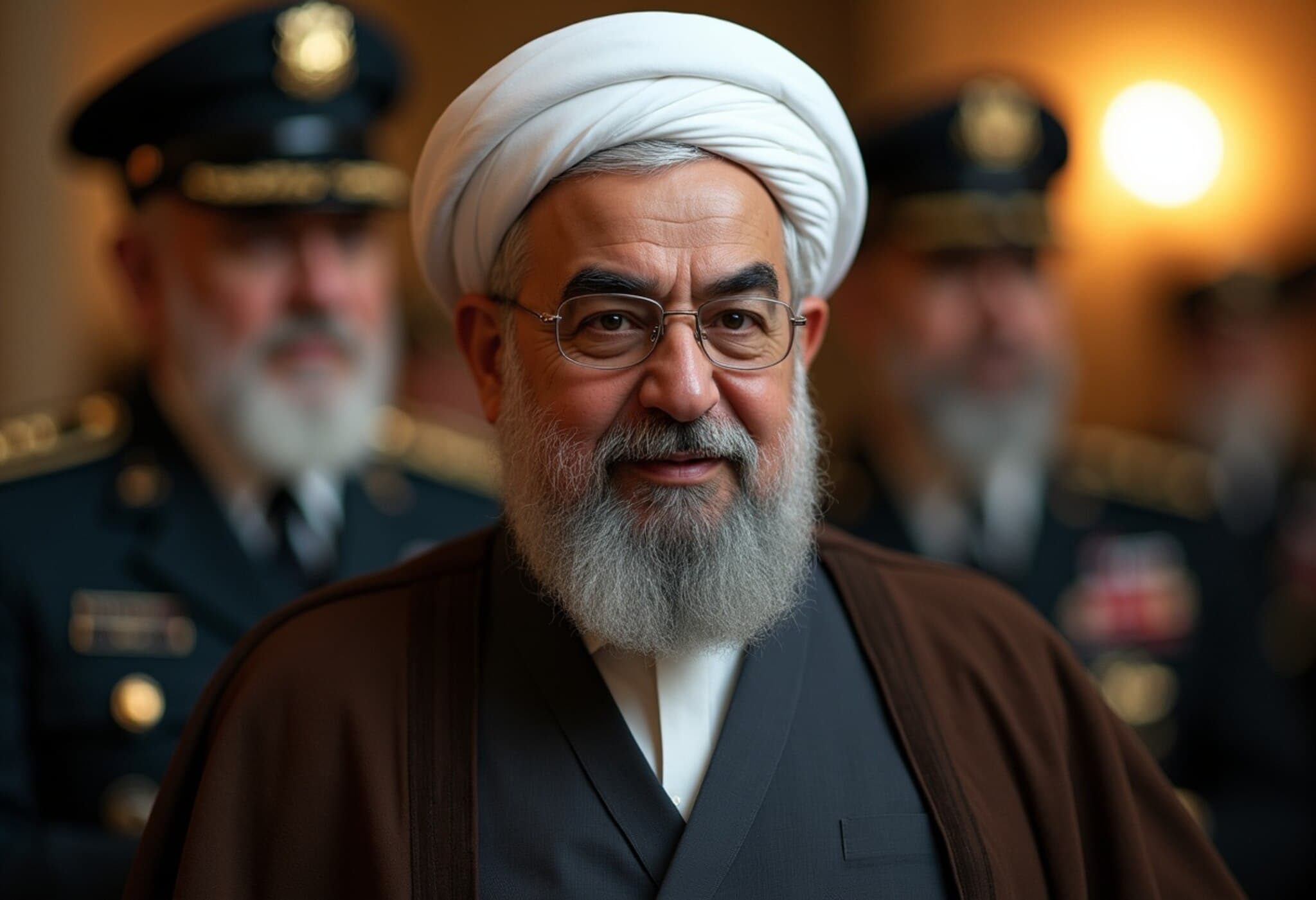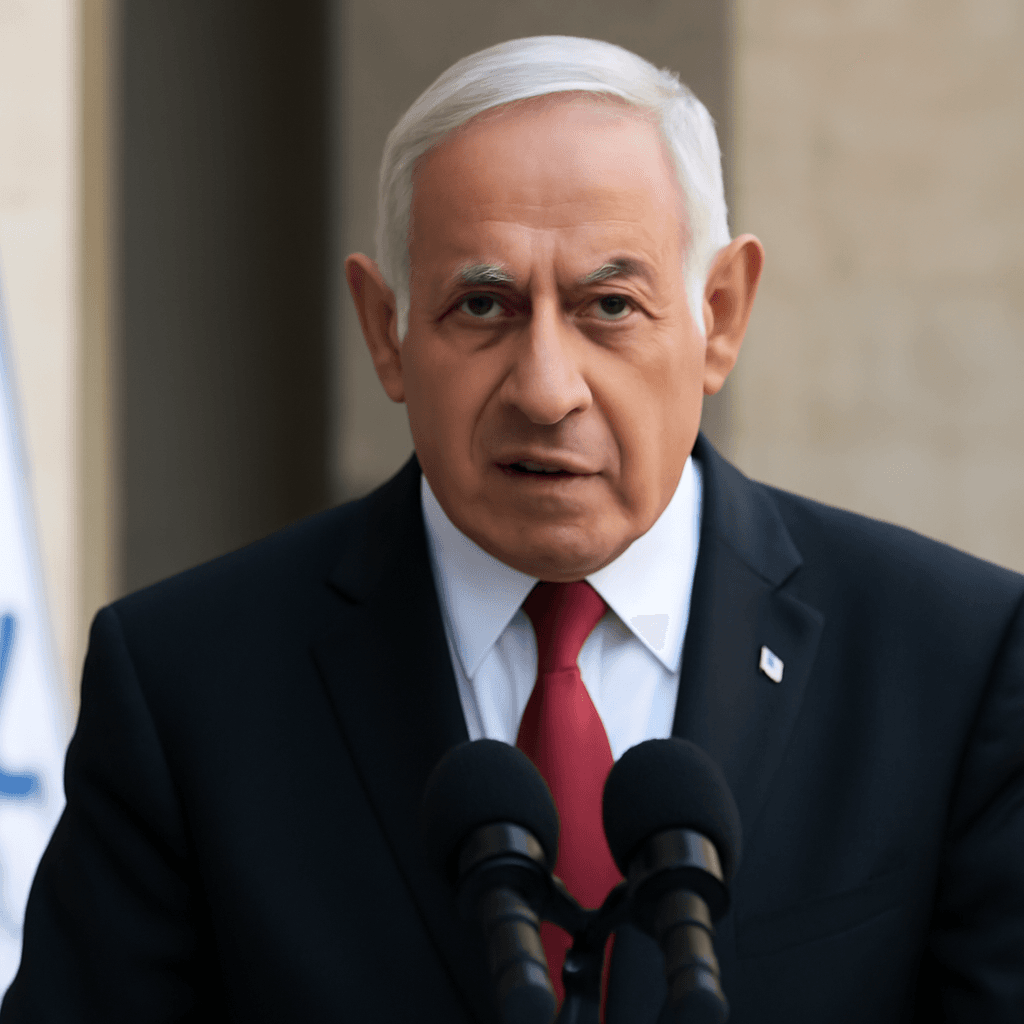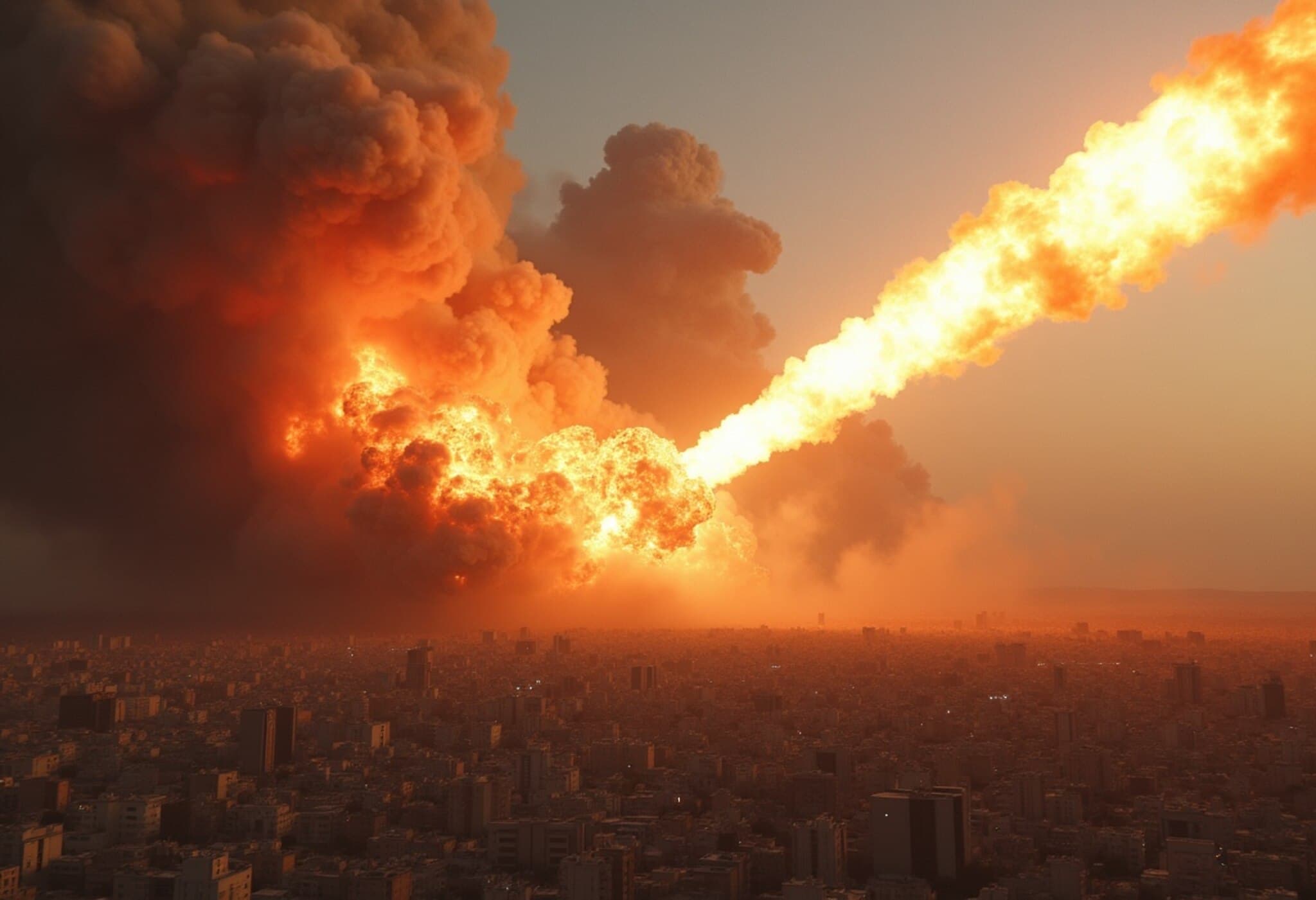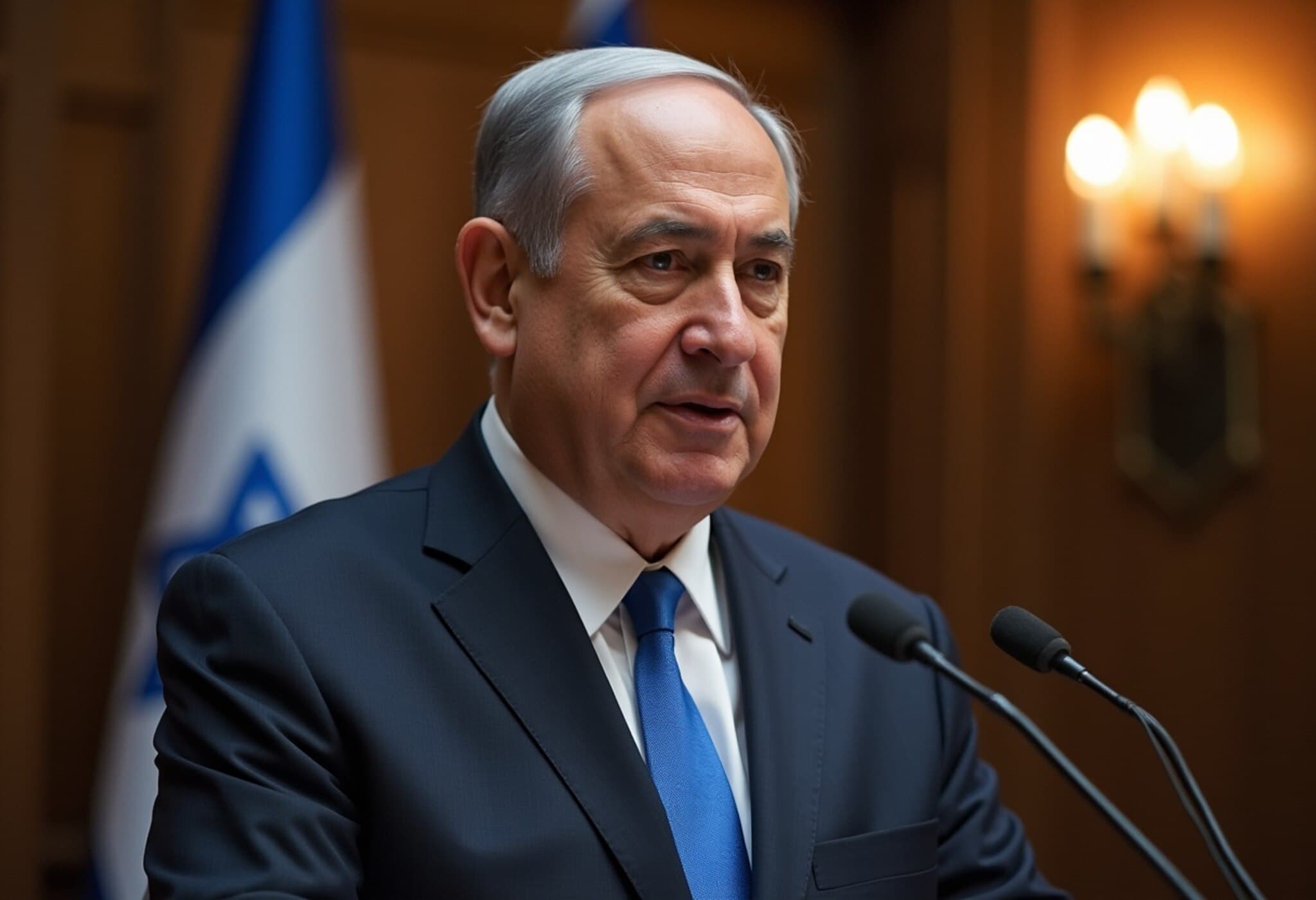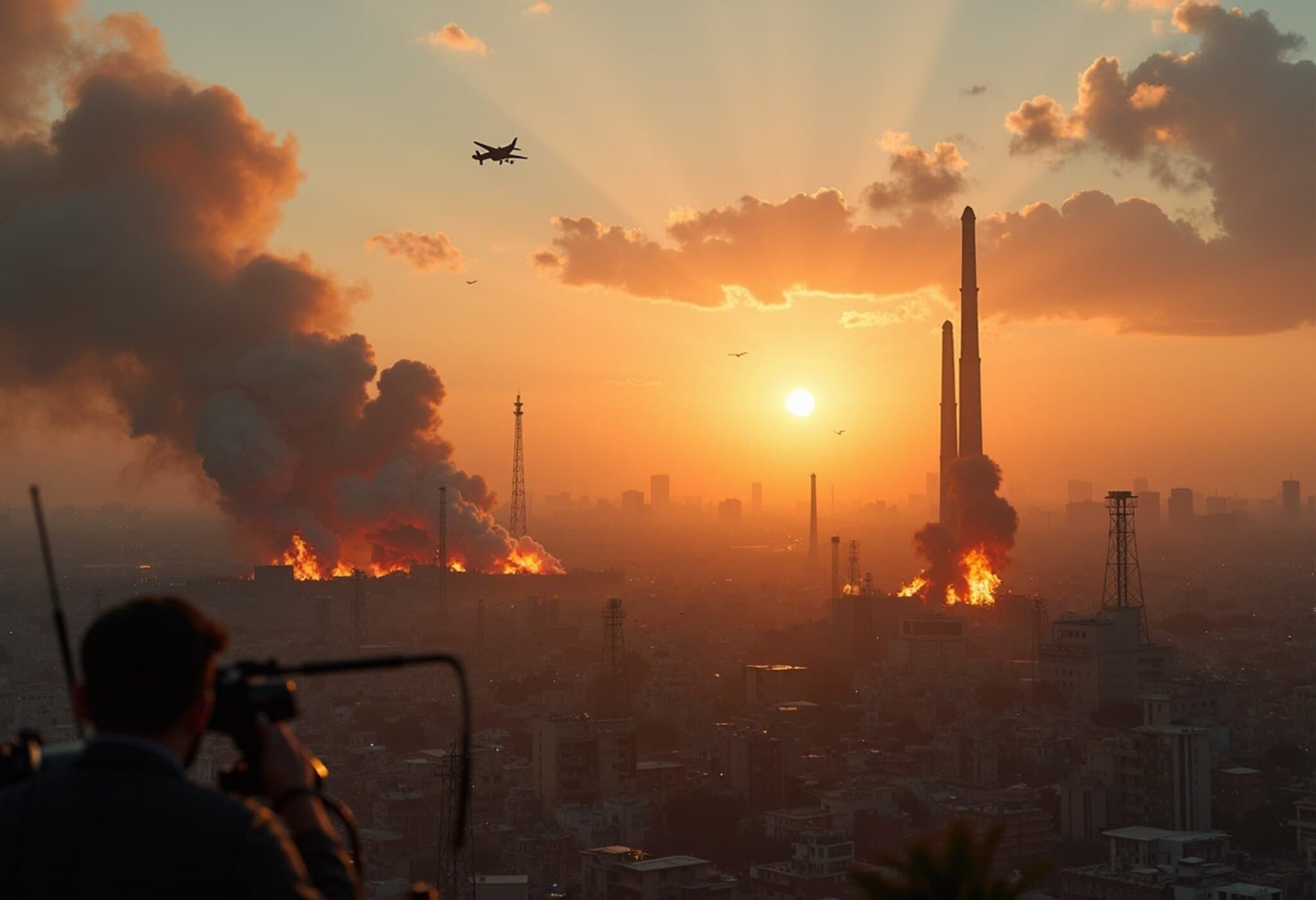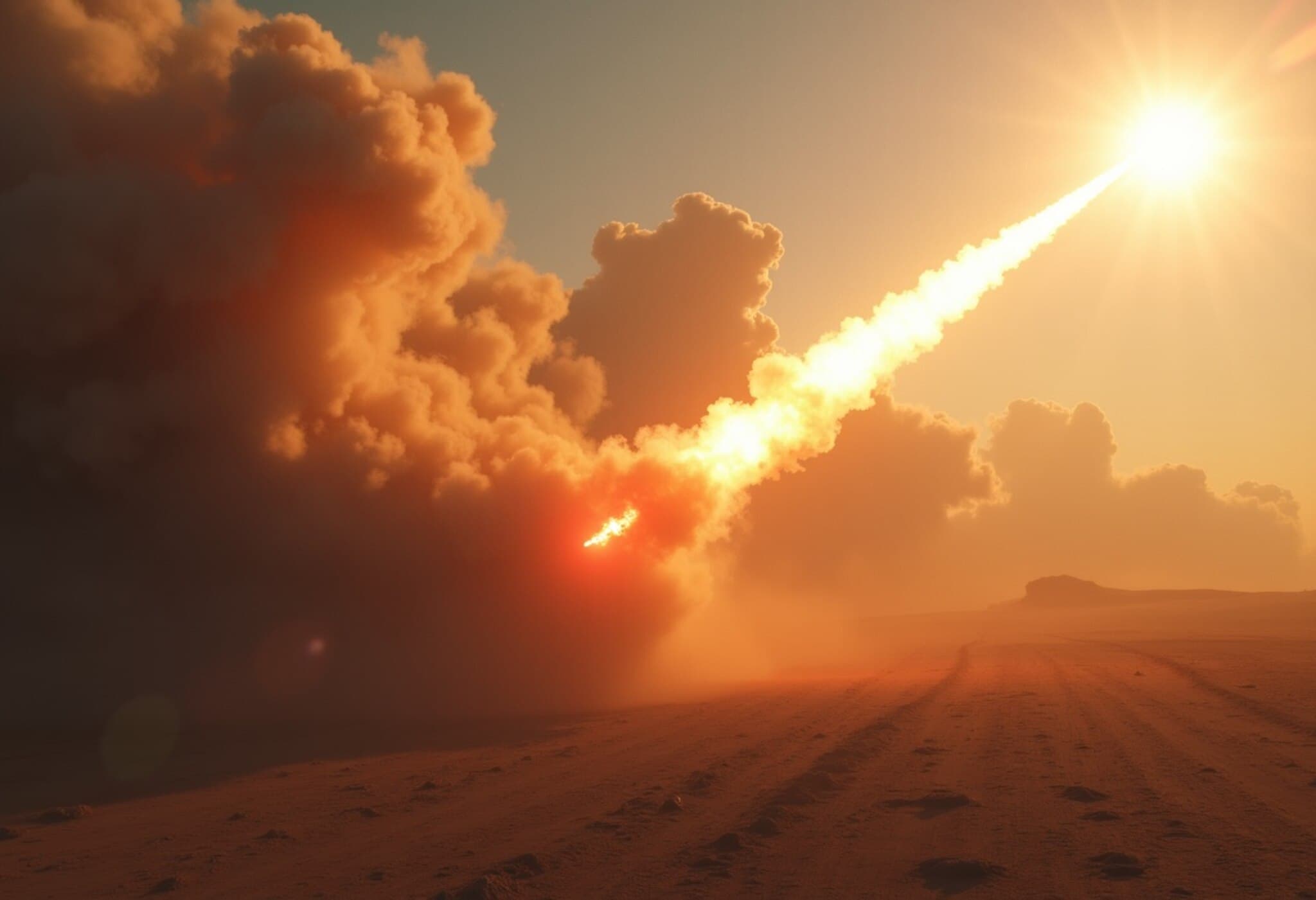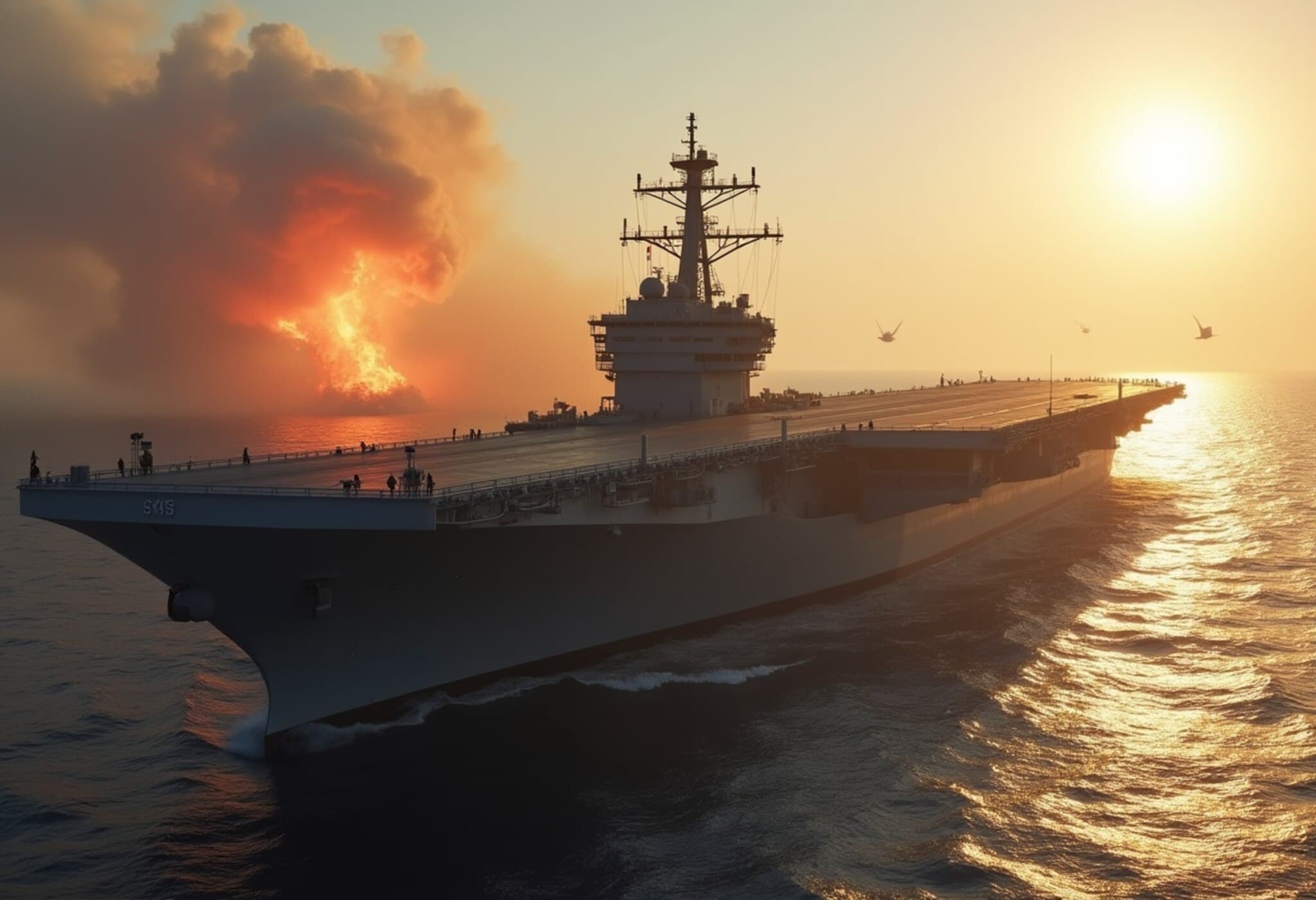Israel Issues Stark Warning to Iran's Supreme Leader
In a striking escalation of rhetoric, Israel's Defense Minister Israel Katz has issued a chilling warning to Iran's Supreme Leader Ayatollah Ali Khamenei, suggesting he could suffer the same fate as former Iraqi dictator Saddam Hussein. Katz invoked the memory of Saddam's 2006 execution, a stark reminder of the consequences faced by leaders deemed hostile to Israeli interests.
The Historical Weight Behind the Threat
By referencing Saddam Hussein's hanging after his conviction for crimes against humanity—including willful killing and torture—Katz underscored the gravity of Israel’s message. Saddam’s downfall was marked by a legal process in Iraq leading to his death sentence, a fate his inner circle also shared.
Context of Heightened Israel-Iran Hostilities
This pointed statement emerges amid growing tension between Israel and Iran, which have been exchanging fire for several days following an unexpected Israeli airstrike. Recent operations targeted key Iranian infrastructure, including a building that housed Iranian state television, forcing a live broadcaster to abandon the air amid missile strikes.
Alleged US Intervention in Iranian Leader Assassination Plot
Reports surfaced that a planned Israeli assassination attempt against Khamenei was allegedly halted due to intervention by then-US President Donald Trump. Although Israeli Prime Minister Benjamin Netanyahu declined to confirm these accounts, he emphasized Israel’s sovereign right to act independently and hinted that the US understands what benefits its interests.
Escalations and Regional Impact
Iran claims that Israeli offensives have resulted in at least 224 fatalities, including prominent Revolutionary Guards members, nuclear scientists, and civilians. In retaliation, Iran's Revolutionary Guards have launched numerous missile attacks targeting Israeli cities, vowing sustained military action “without interruption until dawn.”
Israeli cities such as Tel Aviv have seen civilian threats escalate, with shelter orders issued amid continuing missile barrages. The civilian death toll in Israel has reportedly crossed two dozen.
International Response and Evacuations
Amid rising uncertainty, the United States has neither confirmed involvement in Israeli strikes nor condoned escalation, urging Iran to re-enter nuclear negotiations. US officials have confirmed efforts to evacuate American citizens from the increasingly volatile region.
Similarly, India has initiated evacuation procedures for its nationals, facilitating departures via neighboring Armenia and moving students out of Tehran.
The Road Ahead
As hostilities deepen, the confrontation reflects broader shifts reshaping Middle Eastern geopolitics. Israel asserts that its offensive is “changing the face of the Middle East,” signaling a potential realignment of regional power dynamics driven by this escalating conflict.
With ongoing exchanges and diplomatic maneuvers, the situation remains fluid, underscored by stark rhetoric and a growing humanitarian toll on both sides.

